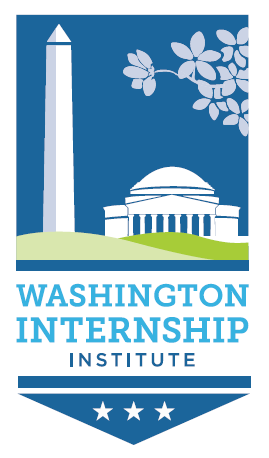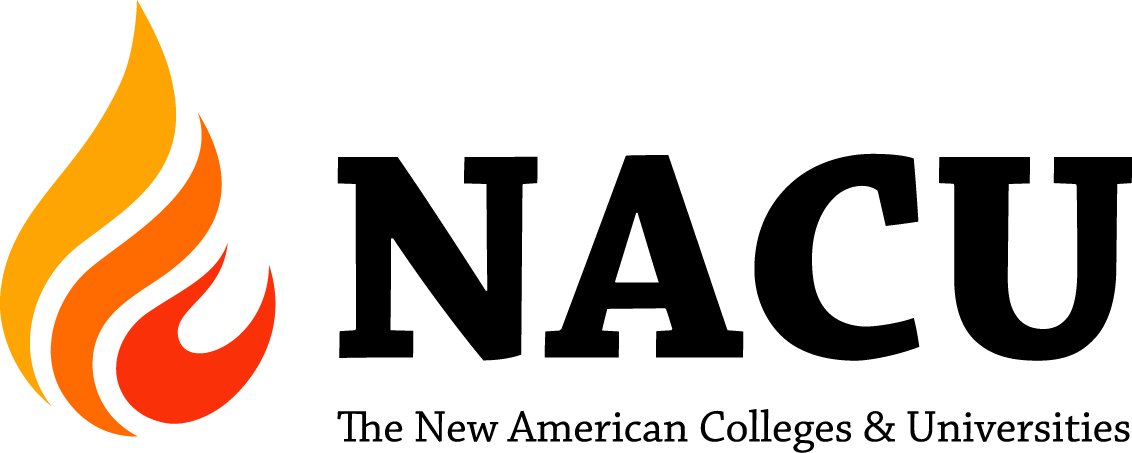Seeing College as Job Training
/I have written about the liberal arts, about majors, and about preparing for a career on several occasions. And yet, I feel compelled once again to write about it--this time spurred by a recent article in the Washington Post by Steven Pearlstein perhaps provocatively titled, "Meet the Parents Who Won't Let Their Children Study Literature."
We don't actually hear from the parents in this article all that much, though the article does discuss the role parents increasingly play in the academic careers of students. This development is the opposite of what my experience as a student was. Both of my parents earned college degrees after starting at a community college (where they met), but they were not involved in my choice of major. I don't think they didn't care; I think it was more that they thought it wasn't their place to tell me what to do. Though their education was very different from mine (local community college to flagship state school versus small liberal arts college), I think they thought that since it was my education, that I should be the one deciding it--for better or worse.
I think it turned out better of course, but I'm sure they fretted no small amount when I told them I was going to be an English major and did not want to be a K-12 teacher. Thus, I understand at an abstract level the concerns parents of students I meet have when their children are deciding what to pursue.
That being said, I wholeheartedly agree with the author's point here:
This focus on college as job training reflects not only a misreading of the data on jobs and pay, but also a fundamental misunderstanding of the way labor markets work, the way careers develop and the purpose of higher education.
I feel like I am beating a dead horse here at times, but I think these are crucial points. First, he is right to point out that the reports of underpay and underemployment for majors outside of pre-professional programs are overblown.
Second, training for a specific job with specific skill sets in this economy is short-sighted at best and irresponsible at worst. I like to tell students about a friend of mine who is an internal social media manager for a major pharmaceutical company: that job didn't exist even five years ago (and there certainly wasn't a major for it). We have no idea what jobs will exist five years from now, let alone twenty-five years from now. To spend one's college career taking classes that teach skills that will be obsolete in five years rather than skills like writing, reading, and thinking that will always be useful seems like a missed opportunity.
And also a little sad. At no other time will students have the freedom to explore ways of thinking and subjects like they have in college. They have the chance to grow and change and even fail. And those are the best things to learn in college: who you are, what you like, and how to deal with failure.
Yes, my job is to provide students with opportunities to further their professional growth--to expose them to the "real world" of work. However, I always keep in the forefront that this is a learning experience, not job training. I want them to gain some job skills, but more so develop the lifelong skills of critical thinking, writing, perseverance, and independence. I want students in our program to explore their career options, but also our nation's capital, their assumptions, and who they are.


